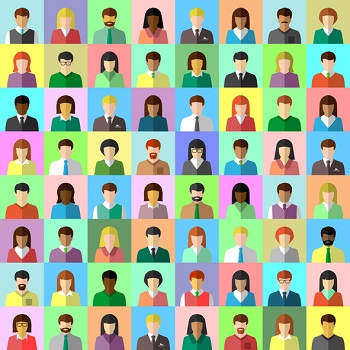Gender equality and women's empowerment play a vital role in achieving the Sustainable Development Goals (SDGs) outlined by the United Nations. Acknowledging the significance of SDG 5, which explicitly targets gender equality and the empowerment of all women and girls, it's worth noting that these elements are fundamentally tied to all 17 goals. Each goal, whether it pertains to poverty eradication, quality education, or climate action, is directly or indirectly affected by gender dynamics. Gender inequality inhibits economic growth (SDG 8) by depriving economies of the full potential of half its population, thereby exacerbating poverty (SDG 1) and hunger (SDG 2). Additionally, gender-based discrimination can limit access to quality education (SDG 4) and decent work (SDG 8) for women and girls, further perpetuating inequality. In health matters, gender roles and stereotypes often result in disparities in healthcare access and outcomes (SDG 3). With respect to environmental sustainability (SDGs 13, 14, and 15), women, particularly those in rural areas, bear the brunt of climate change impacts, but they also hold unique knowledge and skills crucial for mitigation and adaptation strategies. Likewise, women's underrepresentation in decision-making roles limits their influence on peace and justice (SDG 16) and partnerships for goals (SDG 17). Thus, achieving gender equality isn't only about justice for women and girls, but also about progress on every SDG. Women's empowerment creates a multiplier effect that boosts economic growth and promotes sustainable development, thereby setting a direct path towards achieving the SDGs. Encouragingly, concerted efforts worldwide are recognizing and amplifying women's roles in society, placing gender equality and women's empowerment at the heart of the SDGs. Such advancements signify a positive stride towards a balanced and equitable world.
Norway was the first of ten countries to legislate gender quotas for boards of publicly traded firms. There is considerable debate and mixed evidence concerning the implications of female board representation. In this paper, we explain the main sources of biases in the existing literature on the effects of women directors on firm performance and review methods to account for these biases.
Clinics in Podiatric Medicine and Surgery, Volume 36, Issue 4, October 2019, Pages 707-716
We focus on how interpersonal characteristics should influence leader support for gender equity in organizations. Recognizing gender disparities in organizations and the “labyrinth” that women face when they advance in their careers (cf. Eagly & Carli, 2007), we develop a model for how interpersonal characteristics of leaders, both men and women, influence power construal and thus their use of empowerment, mentoring, and performance feedback, ultimately affecting career opportunities for women in organizations.

